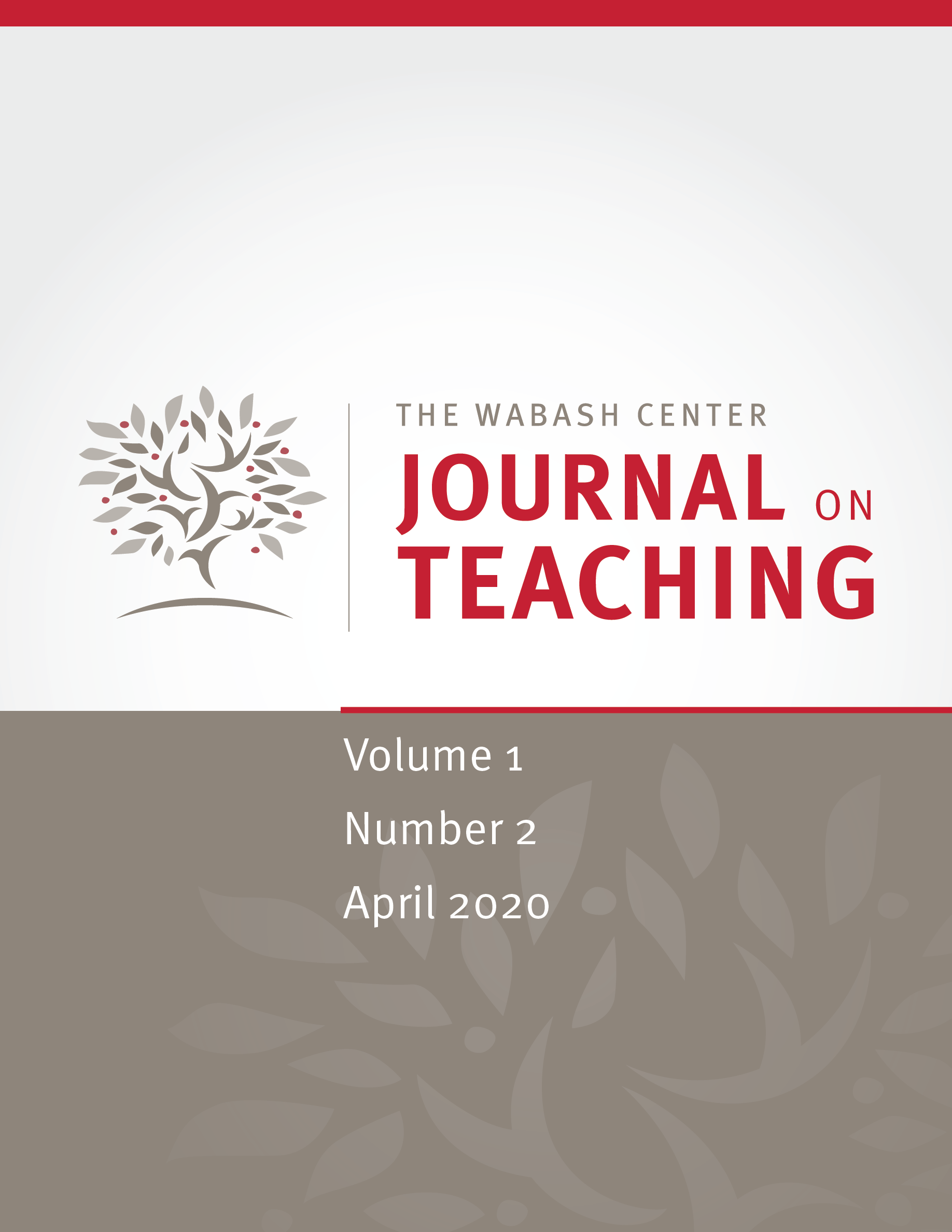Home » Resources » Scholarship on Teaching » "Combining Accessibility and Pedagogical Effectiveness in a Hybrid Theological Education Program: A Case Study"
Scholarship
April 20, 2020
“Combining Accessibility and Pedagogical Effectiveness in a Hybrid Theological Education Program: A Case Study”

- Author
- Thompson, Andrew R. H.
- Publisher
- The Wabash Center Journal on Teaching, volume 1:2, (31-38)
As of 2017, the Association of Theological Schools had seen an increase in online course enrollment of 200 percent over ten years. It is therefore worth exploring in some depth the potential challenges and strengths of online and hybrid programs. This article describes one hybrid online-residential program, the Alternative Clergy Training at Sewanee (ACTS) program at the School of Theology at the University of the South, familiarly known as Sewanee. Based on the experience of this program and contemporary research on the strengths of online and hybrid programs, it is argued that hybrid learning has significant advantages in its own right, perhaps especially for those who may be considered “hybrid clergy,” the deacons and bivocational priests for whom the program was designed.